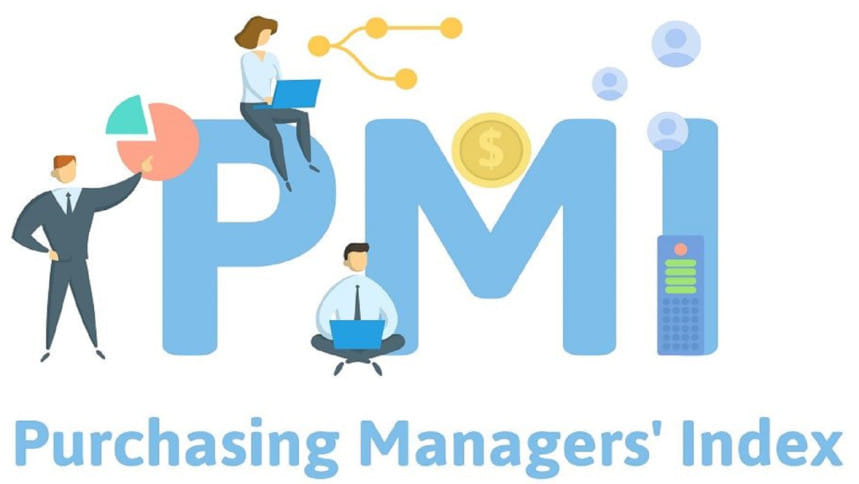Purchasing Managers’ Index to be introduced

Two private organisations in Bangladesh have taken the initiative to regularly compile a Purchasing Managers' Index (PMI) and thereby help gauge the country's economic situation.
The Metropolitan Chamber of Commerce and Industry and Policy Exchange of Bangladesh are set to announce the joint initiative on February 5.
Their efforts will be supported by the UK's Foreign, Commonwealth and Development Office.
Data for the PMI will be derived from monthly surveys conducted on more than 500 private sector enterprises in key economic sectors, including agriculture, construction, manufacturing and services.
The PMI is used in most advanced and developing economies, according to the two organisations.
This is because the index gives an early indication on turning points in the business cycle and helps closely monitor changes in major economic variables, such as gross domestic product and inflation.
In essence, the PMI summarises whether market conditions are expanding, staying the same or contracting as viewed by purchasing managers.
The index is measured within a range of 0 to 100, with a PMI of more than 50 representing expansion compared to the previous month while a reading of under 50 represents contraction.
Meanwhile, a PMI of 50 indicates that there was no month-on-month change in the selected market.
The surveys will have five areas of focus that are weighed equally, namely the volume of new orders, inventory levels, production, supplier deliveries and employment.
As such, the PMI datasets can be utilised by government policymakers, financial institutions, corporates, investors, traders and analysts.
"The PMI provides early indication of where the economy is heading in an accurate and timely manner," said Masrur Reaz, chairman of Policy Exchange of Bangladesh.
"So, it will help the government and businesses take timely and informed decisions," he added.
Reaz also informed that their initial report on the PMI will likely come in April.

 For all latest news, follow The Daily Star's Google News channel.
For all latest news, follow The Daily Star's Google News channel. 



Comments